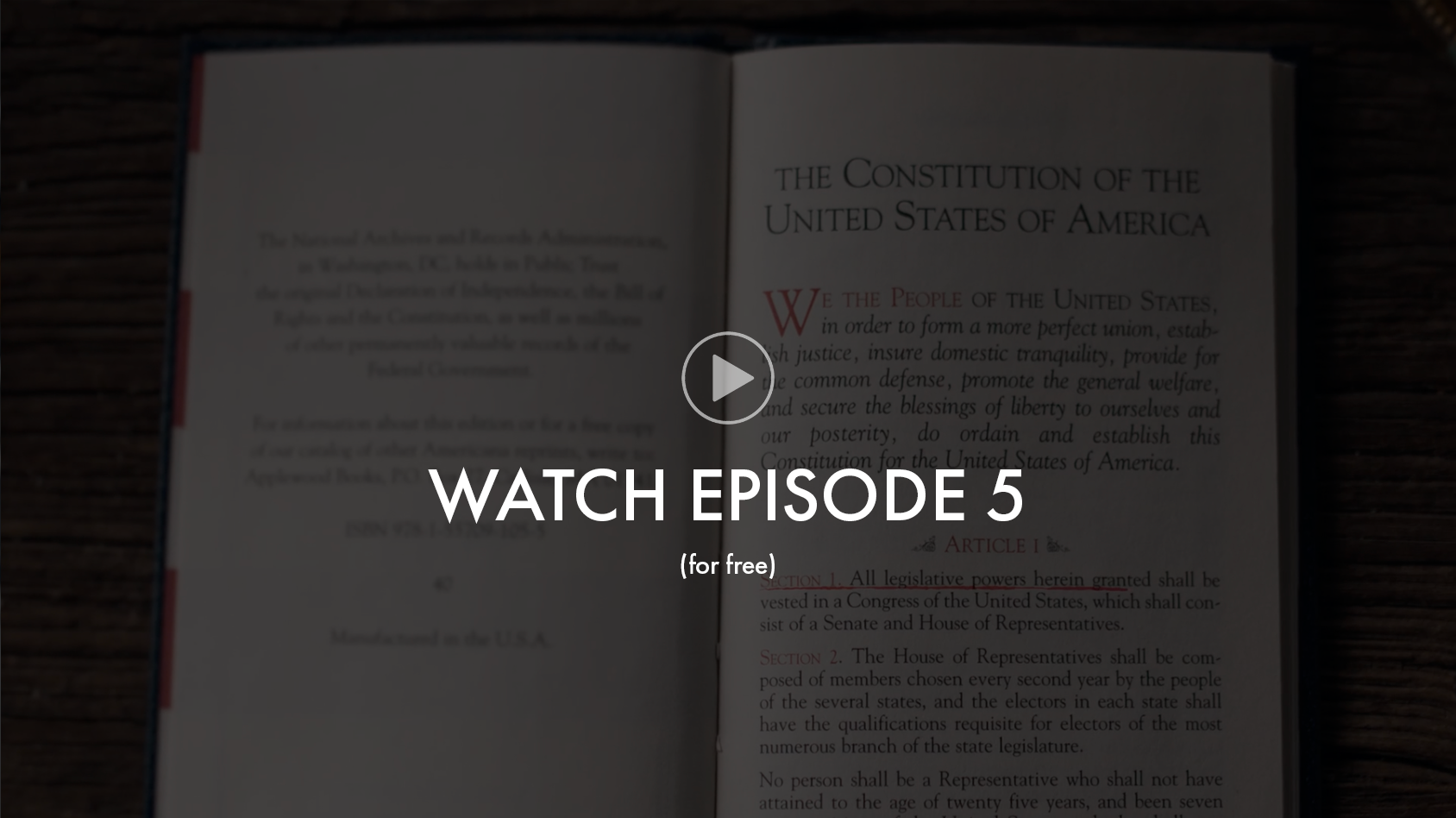Aug 10
Potlucks and Politics (or, five tips to train you child to be an effective citizen)
Who else thinks of potlucks when hearing about politics? Just me? oh. Alright, bear with me. First of all, who really LOVES potlucks? Take my mom for instance, she avoided potlucks every possible occasion. (Something about wishing there were more salad options?) My sister-in-law, on the other hand, cannot get enough of them. Potluck? She’s there. But I digress. Suffice it to say, people have mixed feelings about both potlucks and politics, but the similarities don’t stop there.
And I think the potluck analogy can be a helpful aid in explaining the legislative process to our kids.
Why? Because both can be puzzling, surprising, and require a lot of different people to chip in. The legislative process, simply put, is how a rough idea gets baked into a law in Congress. If you’re like me, when you hear the phrase “legislative process,” two reactions hit you in quick succession: "YAWN" and then "Wait, that's kinda crucial, right?"
Why? Because both can be puzzling, surprising, and require a lot of different people to chip in. The legislative process, simply put, is how a rough idea gets baked into a law in Congress. If you’re like me, when you hear the phrase “legislative process,” two reactions hit you in quick succession: "YAWN" and then "Wait, that's kinda crucial, right?"
Every time I read about new laws, I daydream: "What if politicians thought more like my friends and family?" Sound familiar? Well, in our new course, American Civics with Michael Farris, Mike dishes out the how-to of impactful citizen involvement. And here’s the cherry on top (have I pushed the food metaphor too far yet?): we’ve released another free episode titled “How a Real Bill Becomes a Real Law” (Episode 5, for those taking notes).
In this episode, Mike tells the story of bringing the Religious Freedom Restoration Act (RFRA) from idea into national law. It was a monumental endeavor. In fact, we learn that for this bill, like almost all lawmaking, one of the essential components was the collaboration of Republicans, Democrats, and a host of organizations who normally disagree. Just like when Aunt Betty and her smoked pork dumplings and vegan Grandpa Joe with his…well I’m not sure what those whitish-brown things were…learn to bring together a variety of dishes for family gatherings, groups like the ACLU, conservative Baptists, and orthodox Jews all came together to support this bill.

You’ll see this in the episode itself, but one of my favorite takeaways is how I as a parent can help orient my children’s education to make them prepared to effectively initiate positive change as they get older. And if you’re like me, bullet-point lists are super helpful, so here are my top 5 takeaways from the episode about how we can all prepare our families to benefit our country through legislative involvement.
- Teach the Importance of Collaboration: Stress the significance of working alongside others, even those with differing views, as seen in the diverse coalition formed to advocate for RFRA. Burning bridges and attacking others is less effective than reaching across the aisle and building comradery with those you might not typically agree with. (Now if that’s not a lesson for today, I don’t know what is.)
- Value Research and Understanding: Encourage children to thoroughly research topics, legislation, and current events so they can make informed decisions and support causes they truly believe in. Think about when we were kids. How often did you ask “how am I going to use this when I’m a grown up?” The legislative process and active citizenship is a practical reason for our kids (and for us) to learn to research well, learn how to build understanding on complex topics, and prepare to speak eloquently.
- Highlight the Power of Grassroots Efforts: Help your kids recognize the role of everyday citizens in effecting change, whether through contacting representatives, signing petitions, or attending public forums.
- Stress Persistence and Resilience: Just as the RFRA took years to pass, children should understand that societal change often requires patience, perseverance, and repeated effort.
- Understand the Legislative Process: Introduce them to the basics of how bills become laws and the various stages involved, such as committee hearings and votes. This will enable them to better support and influence legislation in the future. (Might I recommend this great free resource for understanding this process?)
That’s a wrap for today. Dive into our free episode, “How a Real Bill becomes a Real Law.” Oh, and we want to hear your stories! Have you and your family experienced victory in advocating for issues you care about? Have you successfully worked with your lawmakers to get real legislation passed? Share your victories with us and in upcoming newsletters, we’ll be highlighting the victories and civics wins of incredible families in our quickly growing network!
Ever Onward!
-Ian
Subscribe to our newsletter
Thank you!
Policy Pages
A Luminn Project -- Copyright © 2024
Write your awesome label here.
Be the first to know what's coming
Thank you!
